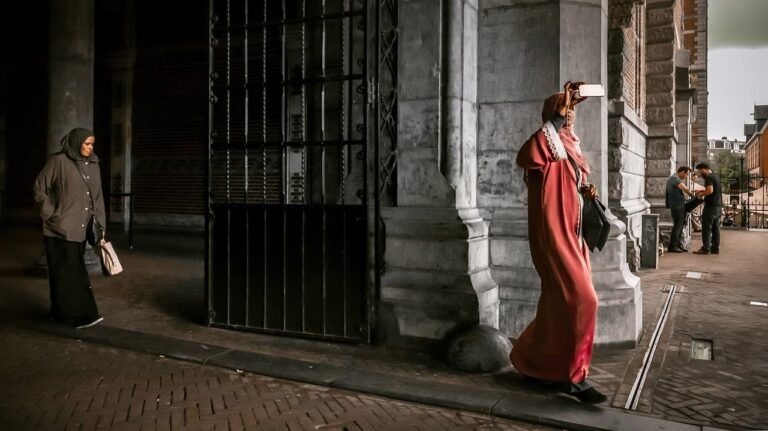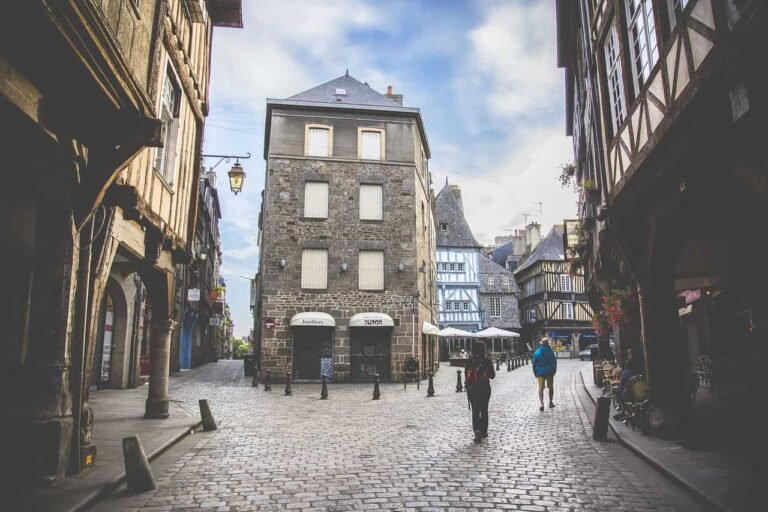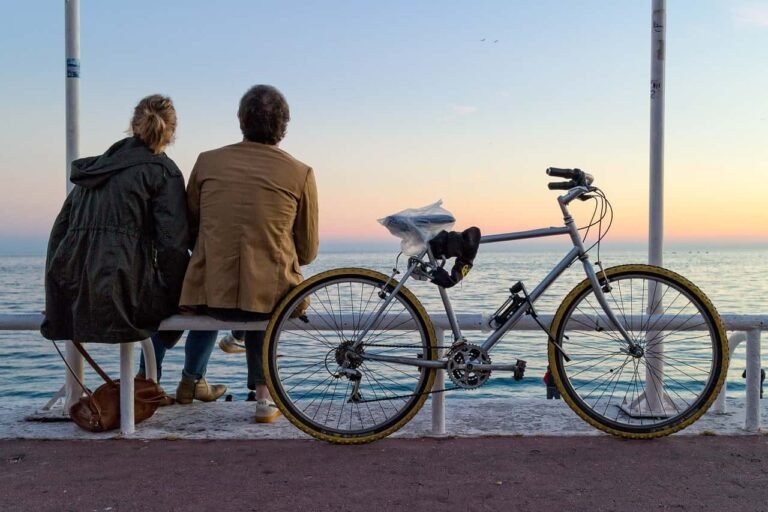Buying a house in France: A simple step-by-step guide for everyone
Ever since I moved to France, I’ve dreamed about owning a cozy place here someday. Although I haven’t bought a house myself yet, I’ve spent a lot of time researching the entire process to prepare for that moment. From navigating French property types to understanding local rules and fees, I’ve learned what steps are needed to buy property here. Here’s a simple, clear guide to help anyone—whether you’re a French resident, a passport-holder, or someone without residency—understand what it takes to buy property in France.
- Can You Buy Property in France?
For Residents:
If you are a French resident or hold French citizenship, you have no restrictions on buying property in France. This allows you to choose any type of property, whether in big cities like Paris or in charming countryside areas.
For Non-Residents:
Non-residents can also buy property in France without restrictions. Even if you don’t live in France, you can still purchase a house or apartment. However, owning property in France doesn’t automatically give you residency or a visa.
- Start by Researching the French Property Market
Understand Property Prices and Locations
The first step is to get a sense of the property market in France. Property prices vary a lot depending on location:
- Big Cities: Cities like Paris, Lyon, and Nice tend to be more expensive.
- Countryside Areas: Regions like Dordogne, Provence, and Normandy are more affordable and popular among expats.
Check Market Trends
It’s important to understand current trends, such as rising or stable property prices, in the region you’re interested in. Websites like SeLoger and Le Bon Coin list properties and can give you an idea of price ranges and demand.
- Setting a Budget: What to Expect in Costs
Property Prices
In addition to the property’s price, there are extra costs involved in buying a home in France.
Extra Costs for All Buyers:
- Notary Fees: Generally, 7-8% of the property price, covering the notaire’s services and taxes.
- Taxes: For property registration.
- Agency Fees: If you work with a real estate agent, they may charge a fee (around 3-5%).
Mortgage Options
- For Residents: Many banks offer mortgages to French residents with favorable terms.
- For Non-Residents: Some banks also offer loans to non-residents, though interest rates and loan terms may vary. It’s helpful to compare multiple options.
Currency Exchange (For Non-Residents)
If your main currency isn’t euros, think about using a currency transfer service to get the best rates.
- Choosing the Type of Property and Ownership
Freehold vs. Leasehold
- Freehold: This is the most common type, giving you complete ownership of the home and land.
- Leasehold: Found mostly in apartment buildings, this type means you own the apartment but not the land it sits on.
Types of Homes in France
There are many property options, from modern apartments to historic farmhouses. Each type has unique features, so choose one that suits your lifestyle and budget.
- The Buying Process: Step-by-Step Guide for Residents and Non-Residents
Step 1: Find the Property and Visit
- Property Search: You can find properties through websites, local real estate agents, and by visiting neighborhoods you like.
- Notaire Services: It’s required by law in France to have a notaire handle the property sale. They make sure the transaction follows French law and is fair for both the buyer and seller.
Step 2: Making an Offer and Signing the “Compromis de Vente”
- Making an Offer: Submit your offer in writing. If the seller accepts, you’ll sign a “Compromis de Vente” (pre-sale agreement).
- Deposit: Usually, you’ll pay a deposit (5-10% of the property price) when you sign. After signing, you have a 10-day period where you can cancel without losing the deposit.
Step 3: Finalizing the Sale with the “Acte de Vente”
- Due Diligence by Notaire: The notaire checks the property’s title, boundaries, and any claims on it.
- Signing the Acte de Vente: This is the final contract. Once signed, you pay the remaining amount, and the property ownership officially transfers to you.
- Taxes and Fees to Keep in Mind
Property Transfer Tax
This is similar to stamp duty, typically 5-7% of the property price, which is due upon finalizing the sale.
Annual Property Taxes
After buying a home, you’ll need to pay yearly property taxes:
- Taxe Foncière: A tax for property owners.
- Taxe d’Habitation: A tax for people who live in the property, though certain exceptions may apply.
Wealth Tax on Real Estate (IFI)
For people with properties or assets in France valued over €1.3 million, a wealth tax may apply, whether you’re a resident or non-resident.
- Tips for Non-Residents Buying Property in France
Visa and Residency Information
Buying a property doesn’t automatically give you residency rights. Here’s a breakdown of your options as a non-resident:
- Short Visits: Many countries, like the U.S., allow you to stay in France for up to 90 days without a visa. However, it’s good to check current regulations, as these can change.
- Longer Stays: If you plan to stay for more than 90 days, you’ll need a long-stay visa. For example:
- Long-Stay Visitor Visa: Allows stays longer than three months, but you cannot work.
- Other Residency Visas: If you plan to live in France long-term, you might explore other visa options, like a retirement visa or an investor visa.
Renting Out the Property
If you buy a home as an investment, renting it out is allowed, but some areas have restrictions on short-term rentals (like Airbnb). Make sure to check local regulations before renting.
- Helpful Tips for First-Time Buyers
- Consider a French Will: If you plan to keep the property long-term, it’s wise to set up a French will. French inheritance laws are different from other countries and may affect how the property is passed on.
- Understand Language Barriers: If you’re not fluent in French, hiring a bilingual lawyer or translator can be useful.
Frequently Asked Questions
Q: Can I buy a home in France as a non-resident?
Yes, non-residents can buy property in France. However, ownership doesn’t grant residency rights.
Q: Do I need a visa to buy property in France?
No, you don’t need a visa to buy property. However, for stays over 90 days, a visa is required.
Q: Is property in France expensive?
It depends on the location. Big cities like Paris are pricier, while rural areas can be more affordable.
Conclusion
Buying a home in France is possible for both residents and non-residents, and the process is straightforward if you follow each step carefully. From budgeting for extra costs to understanding legal requirements, planning makes it easier. Whether you want a cozy countryside home or a city apartment, this guide will help you navigate the process and make owning a French property a reality.


